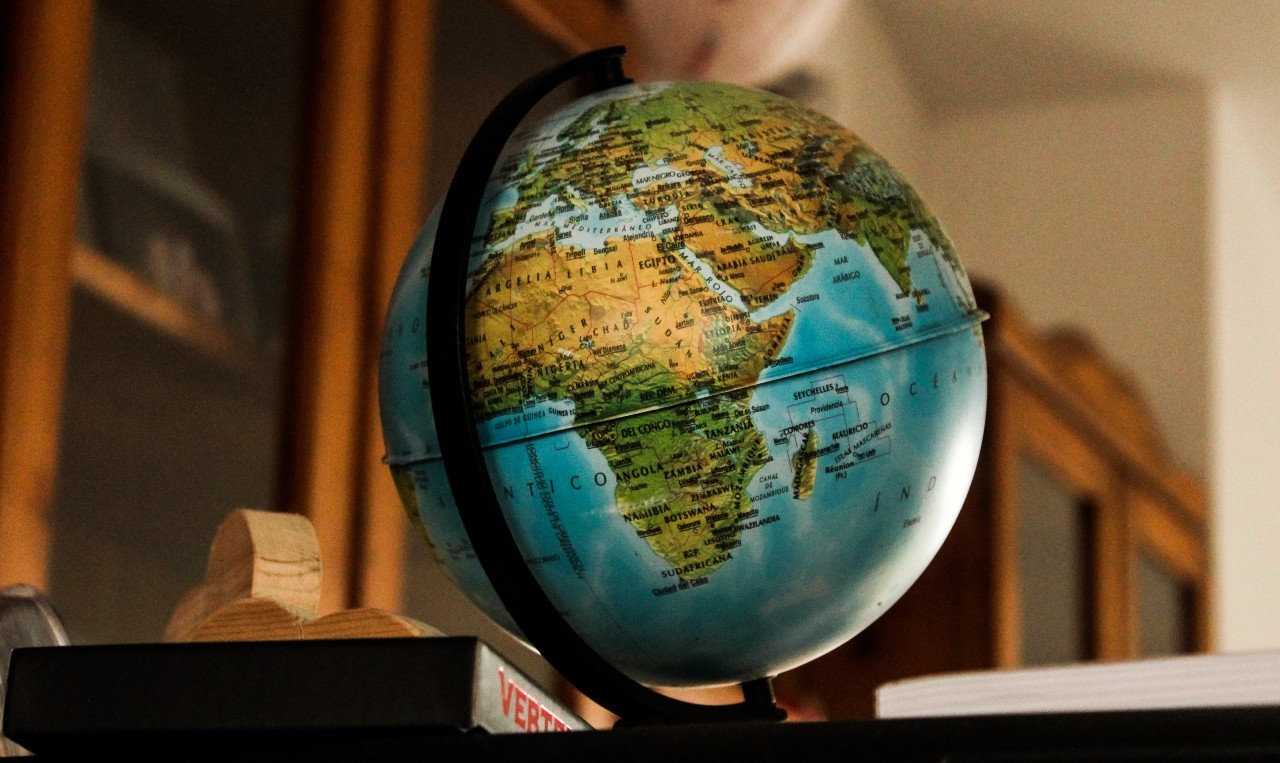In light of the definitions of sustainable and responsible tourism and the import the importance thereof for local communities, conservation, and the environment, how can we as individuals be a responsible traveller?
By minimising our negative impact on:
The environment:
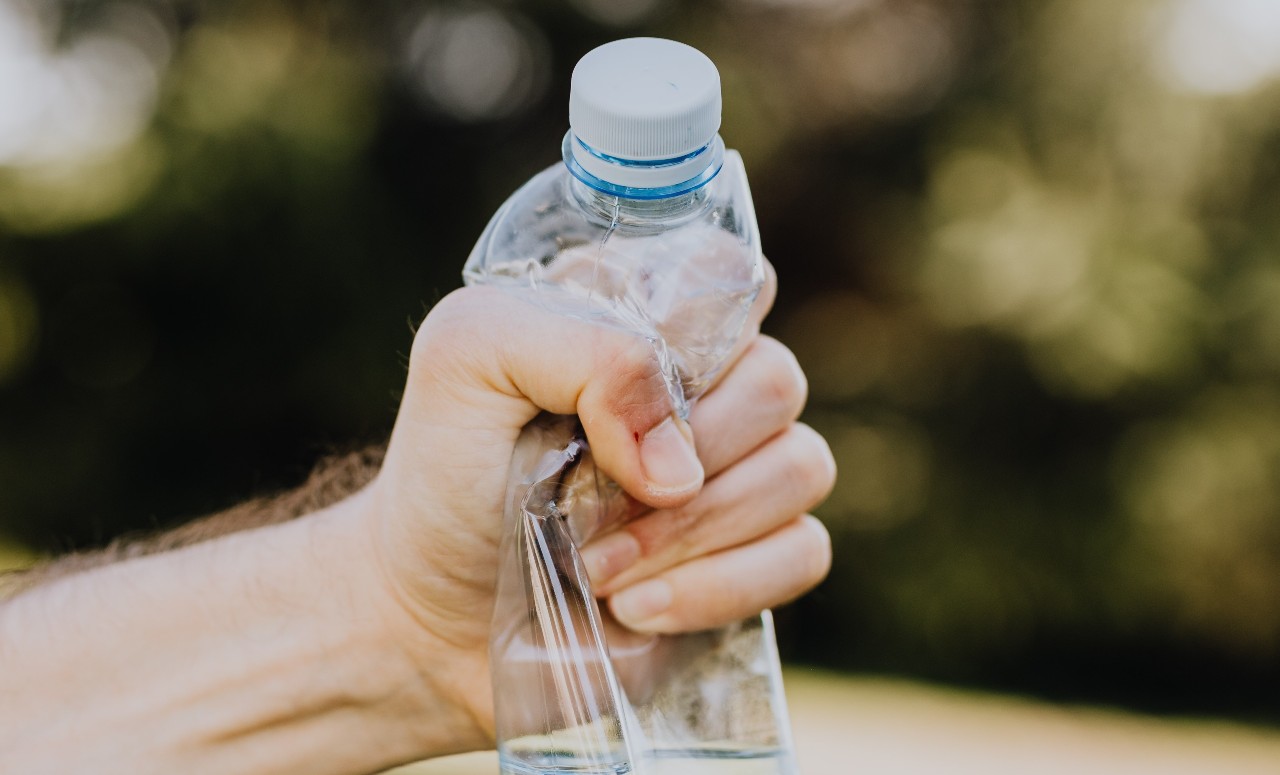
• We need to reduce, reuse, recycle – especially single use plastic.
• Be mindful of how we use resources such as water and electricity – switch off when not required, and don’t leave water from taps running.
• Be mindful of the purchases you make. Don’t purchase endangered species – this goes beyond the obvious of ivory products to large carved wooded items too, where large, sometimes centuries old, trees are illegally chopped down for the purpose of carving sculptures for trade. Rather purchase hand-made craft.
Local communities:
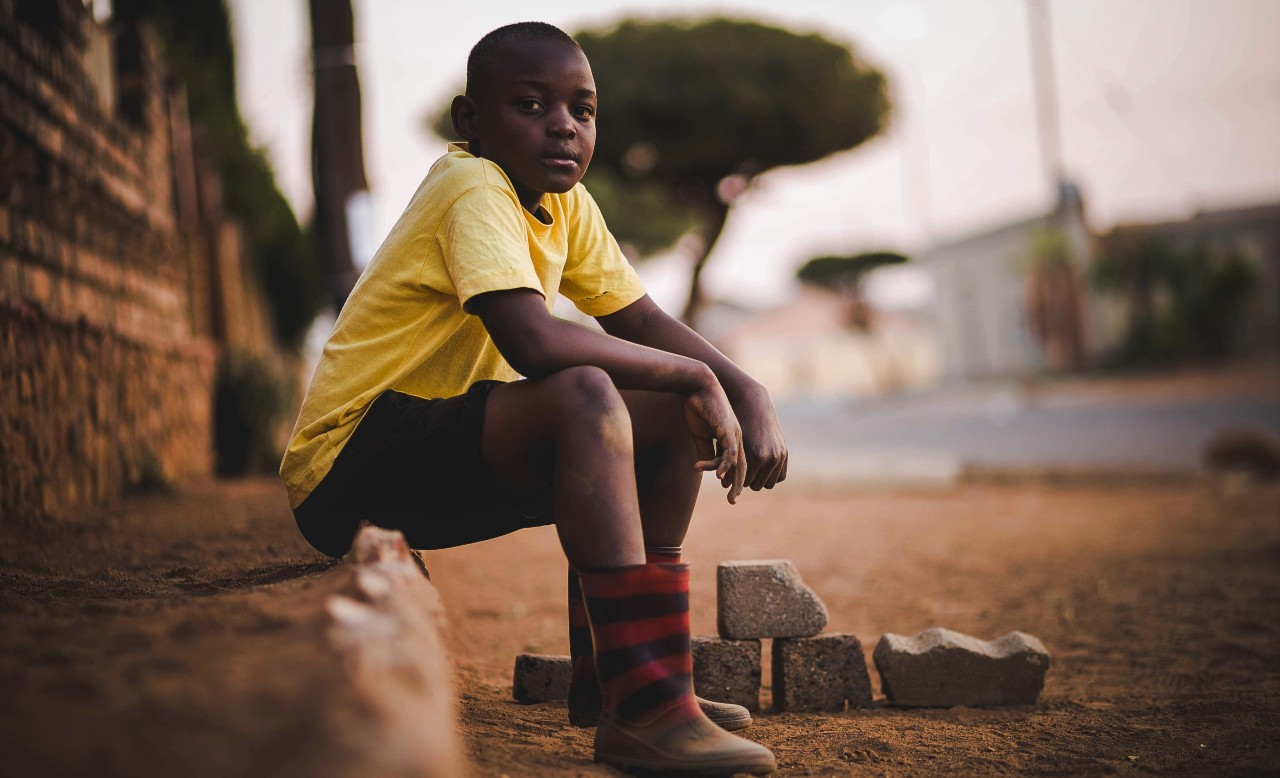
• Are we degrading their environment? Pollution, erosion etc. Never just toss your garbage in the hopes that someone else will clean up after you. And in rural areas, where dealing with refuse is likely to be a problem, rather keep it and dispose of it when back in a city where refuse management is more likely.
• Are we using up their resources? Don’t abuse the supply of water, it a precious resource – be mindful that many rural communities don’t have access to clean, running water.
Local culture:
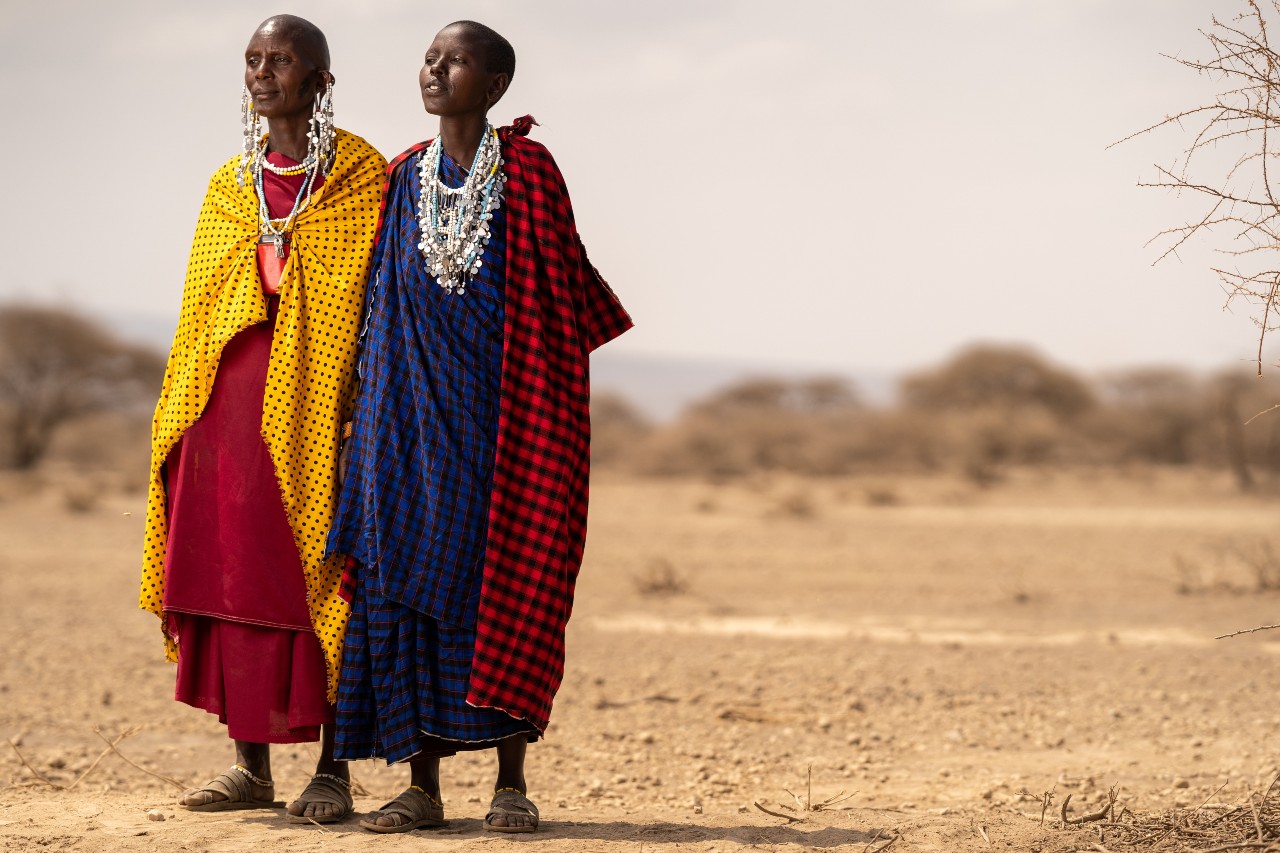
• Don’t take the photos of a person without asking – have a conversation, even if it’s just using sign language, and show the person their photograph and get their approval.
• Don’t ‘take’ a piece of their culture for your benefit not theirs – as in, don’t just enjoy the ‘show’, without having any connection or conversations.
• Be kind and considerate – always!
By having a positive impact when we travel by:
Creating economic benefits for local people:
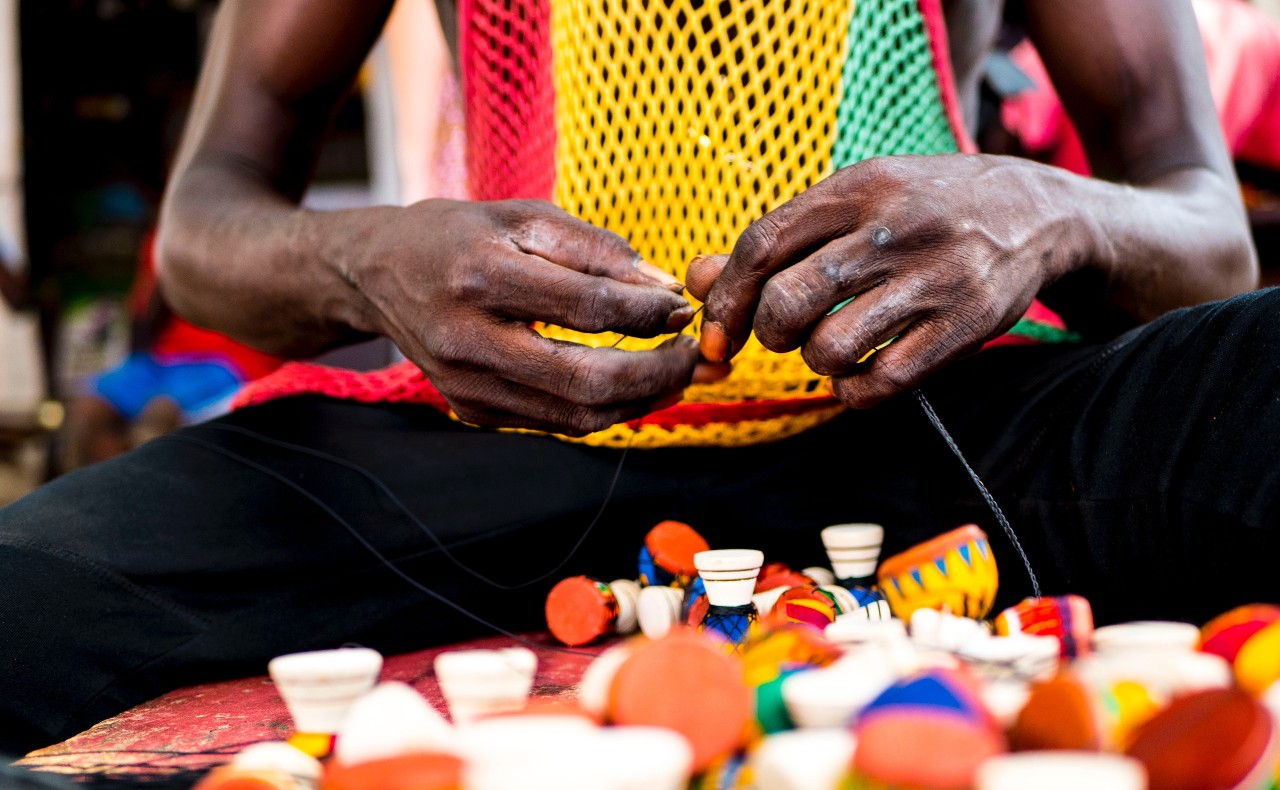
• Every tourism spend at a destination benefits local communities. Even better if you make that spend directly rather than at chain type hotels, restaurants, coffee shops etc.
• When at a local market, don’t haggle to extreme – saving a few dollars for you may mean the difference between someone putting food on the table or being able to send their kids to school.
• Be generous with your gratuities – budget for them in advance.
Enhancing the wellbeing of local people:
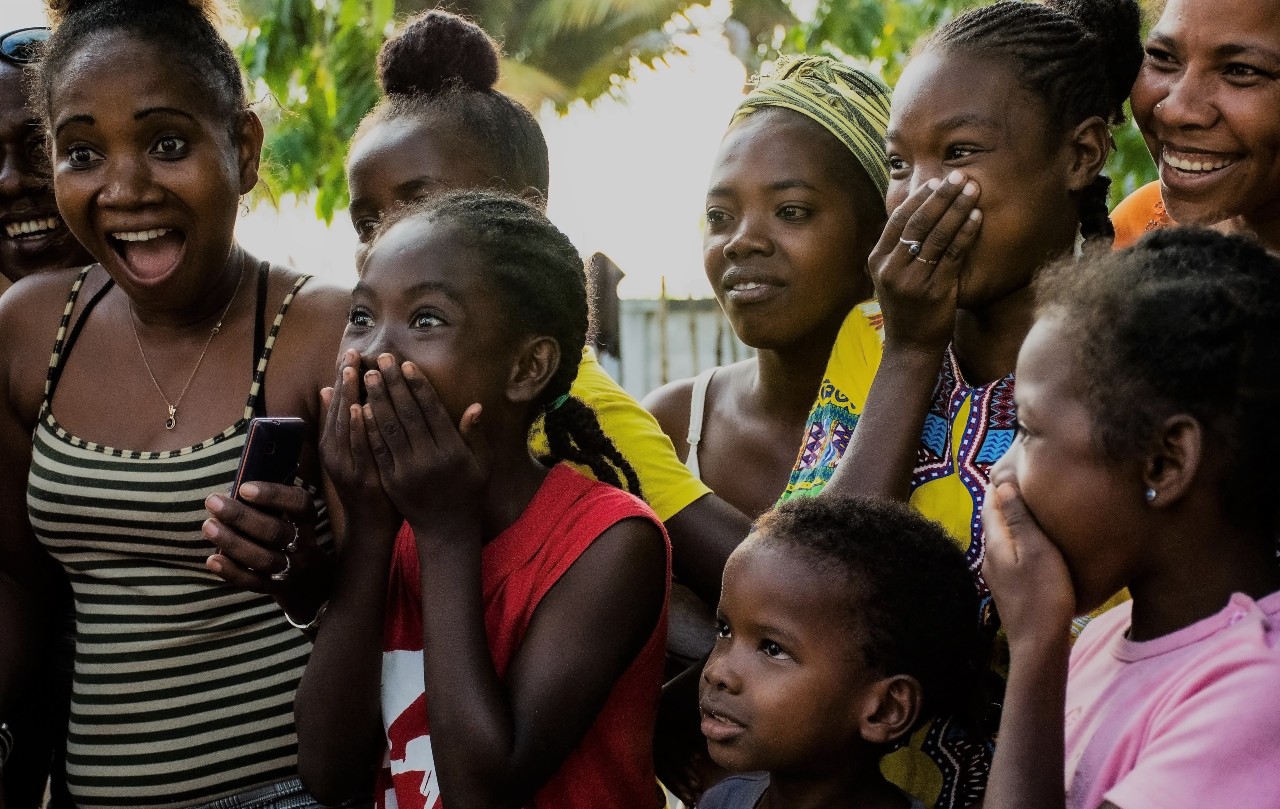
• Be kind, have conversations, ask about their families, their lives.
• Don’t expect the unreasonable – don’t be ‘that’ traveller! Realise that due to cultural differences and language barriers, requests sometimes get lost in translation. Remember we’re all human.
Contributing to conservation:
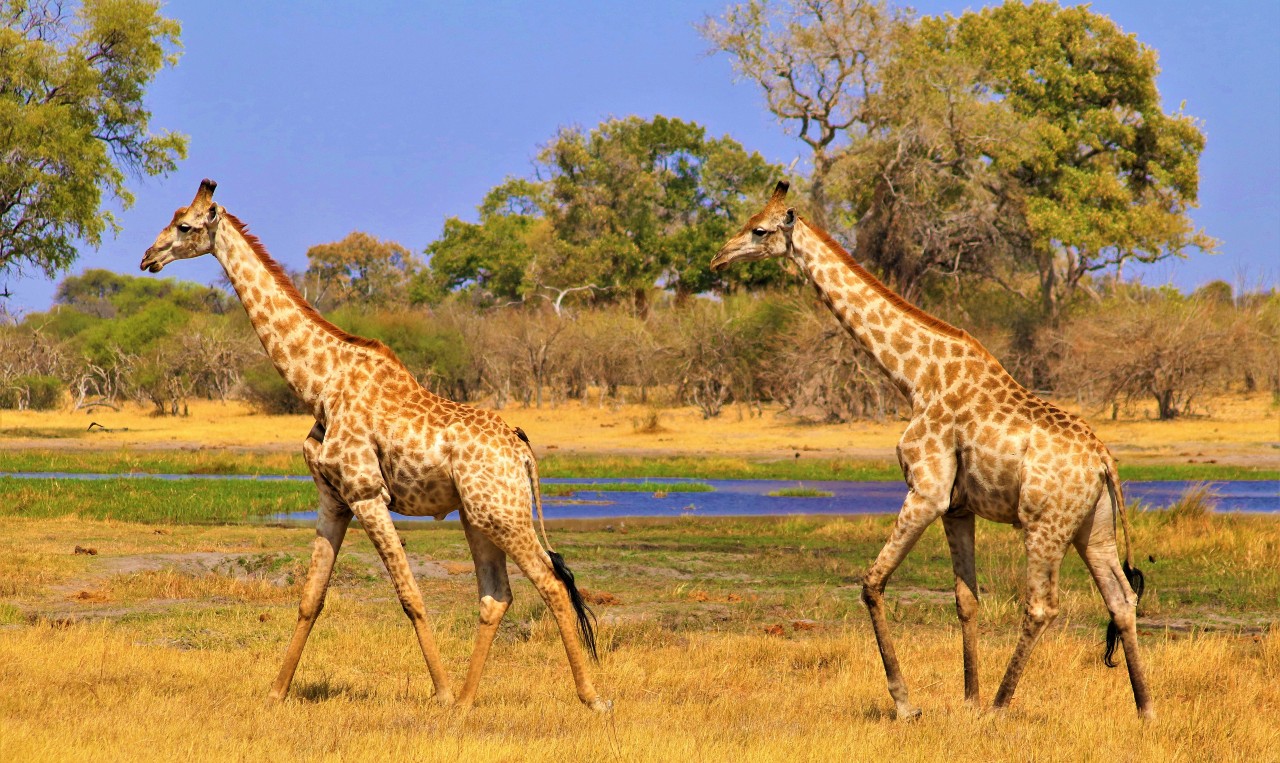
• Support local conservation initiatives.
• Say no to activities that are detrimental to wildlife such as unethical animal encounters and natural areas – do the research beforehand. If there are grey, unsubstantiated claims, rather say no.
• Have conversations with other travellers, especially around ethical wildlife experiences – but share your knowledge kindly.
Being sensitive to other people’s culture:
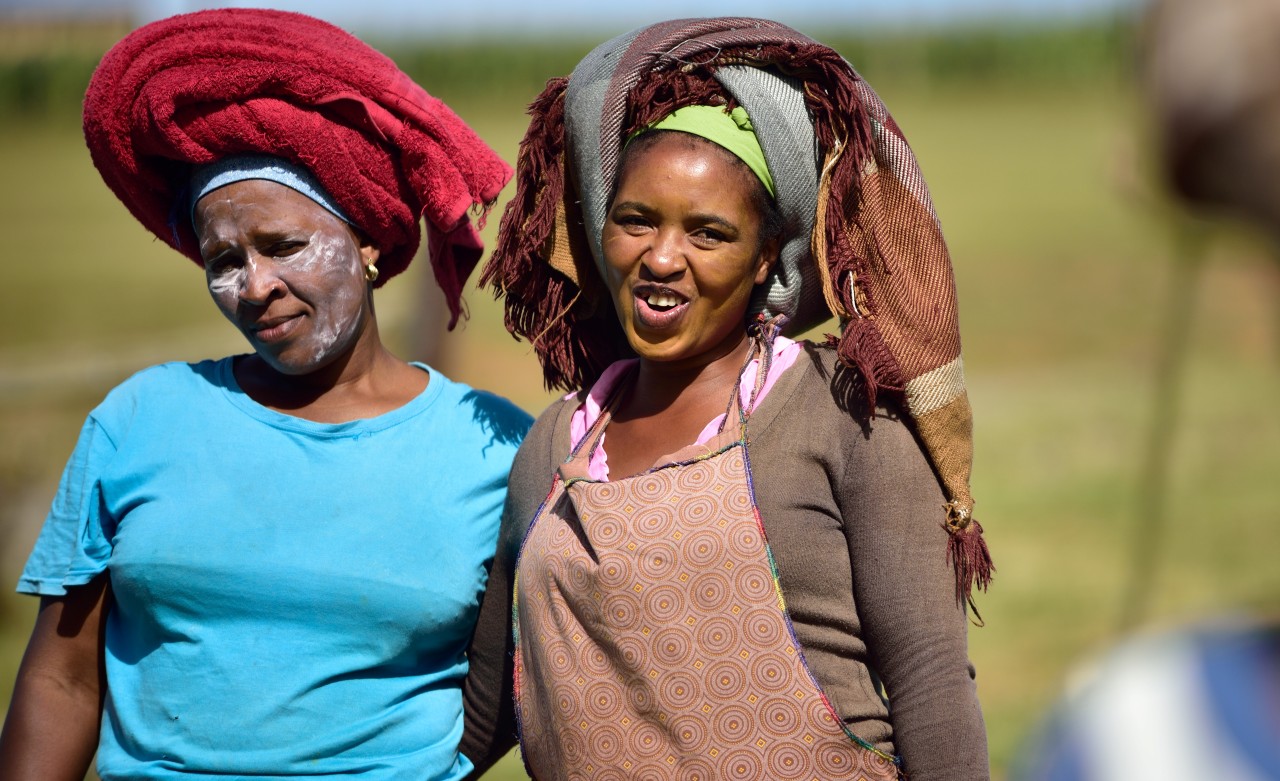
• Be mindful of their culture and ways – different doesn’t mean wrong. Embrace these differences and learn from them.
• Always ask before taking photographs or videos of people.
• Have conversations about their cultures and be open to learning new things
And now, ‘post-Covid’?
We’ve all had time to think, to re-evaluate and to feel and to empathise. The goals of responsible tourism haven’t changed, we’ve finally caught up with them!
• Its about being mindful of people and their situations, from financial challenges to health and family concerns.
• It’s about understanding our position of privilege – especially as travellers. Like it or not, we ARE privileged.
So, what should we, as responsible travellers be looking for?
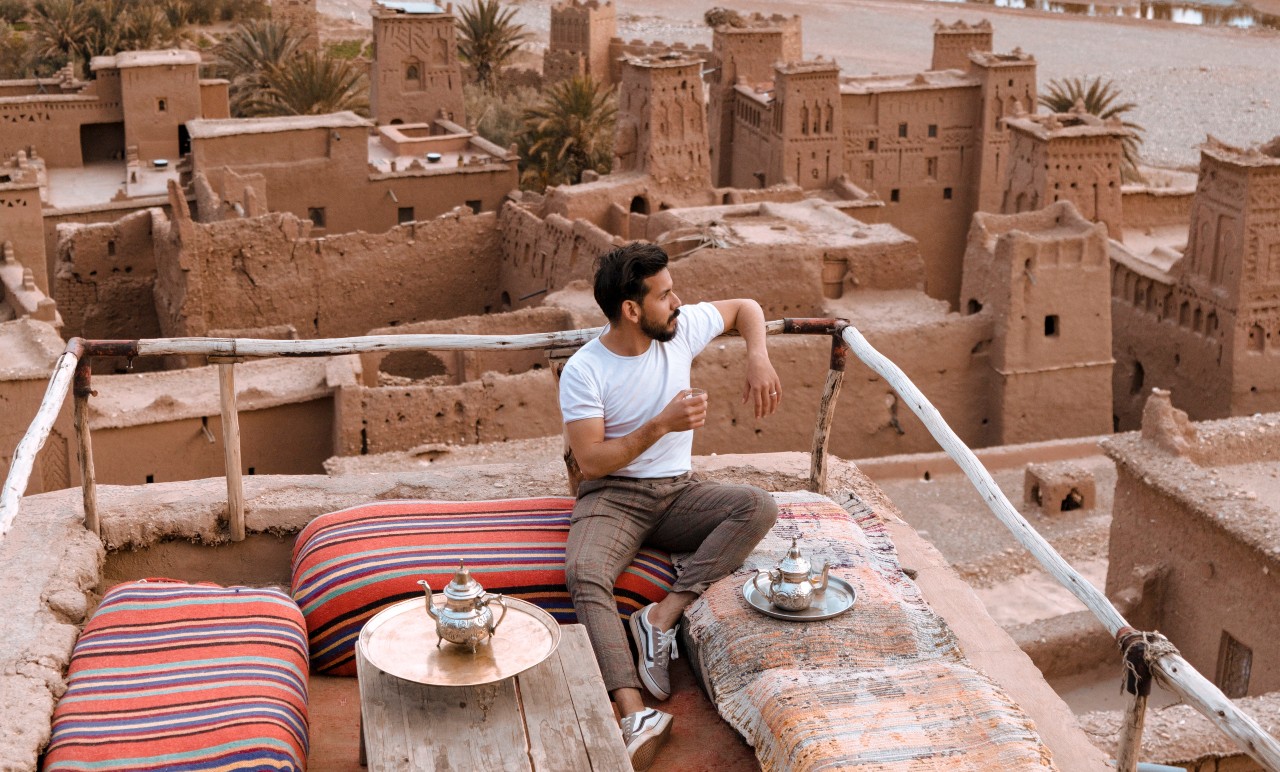
Authentic, experiential, responsible travel with:
• No more ‘plastic’ contrived type experiences, but rather an authentic ‘real’ experience that leaves benefits both the traveller and the host.
• More meaningful travel and connections with people – building relationships across cultural barriers.
• Connections with the environment – wide open spaces where nature is the central theme.
• Responsible volunteering – please no lion cub petting (just google canned hunting if you have any doubts), and if assisting in a local community, make sure they want you there, what you do helps them & doesn’t take away a local person’s job!
• Ethical wildlife experiences that support conservation and that aren’t detrimental to the welfare of animals.
Words – Tessa Buhrmann / Images – Pexels – Julian Vera, Karolina Grabowska, Kureng, Roger Brown, Zakaria Boumliha; Wikimedia

